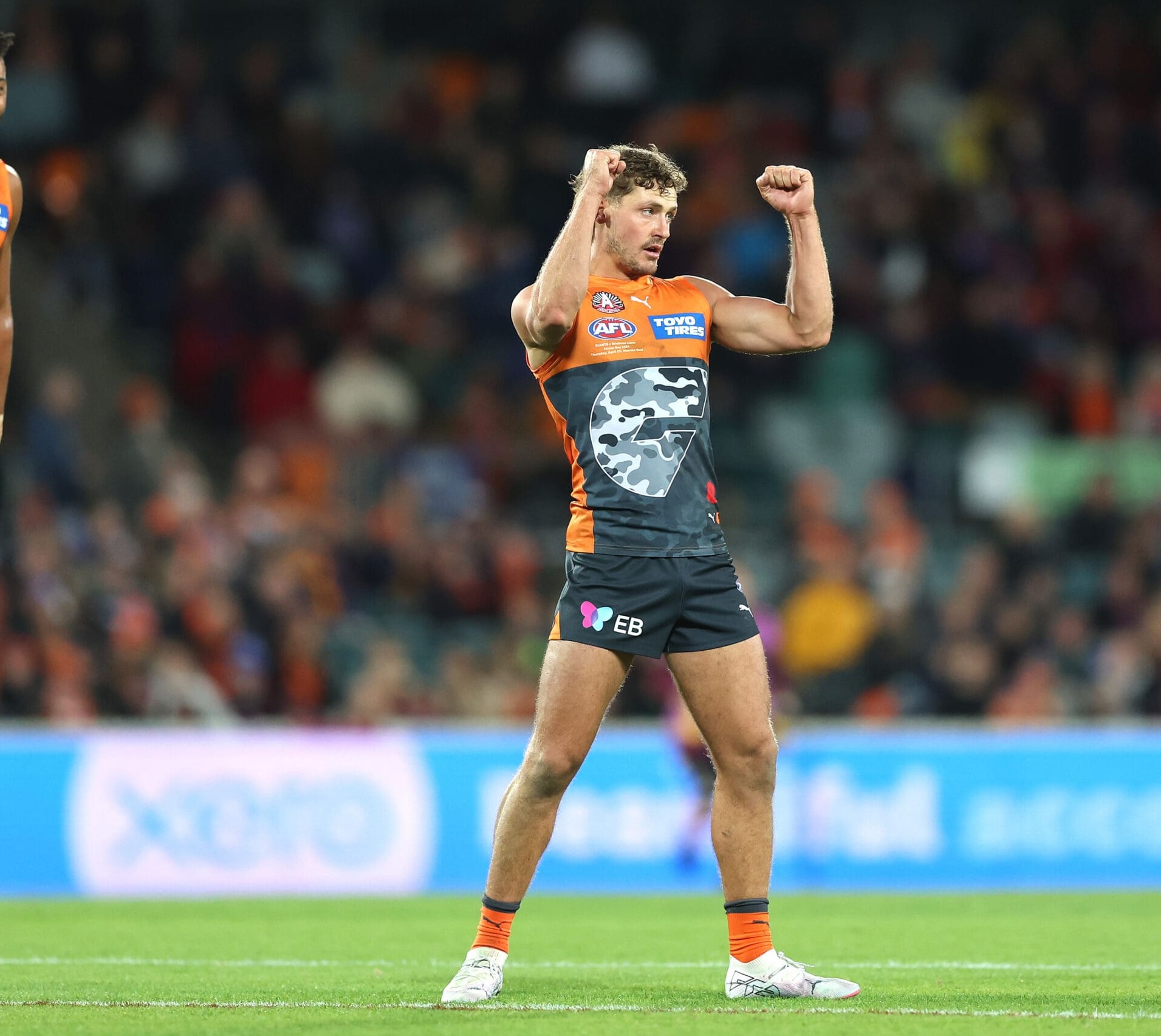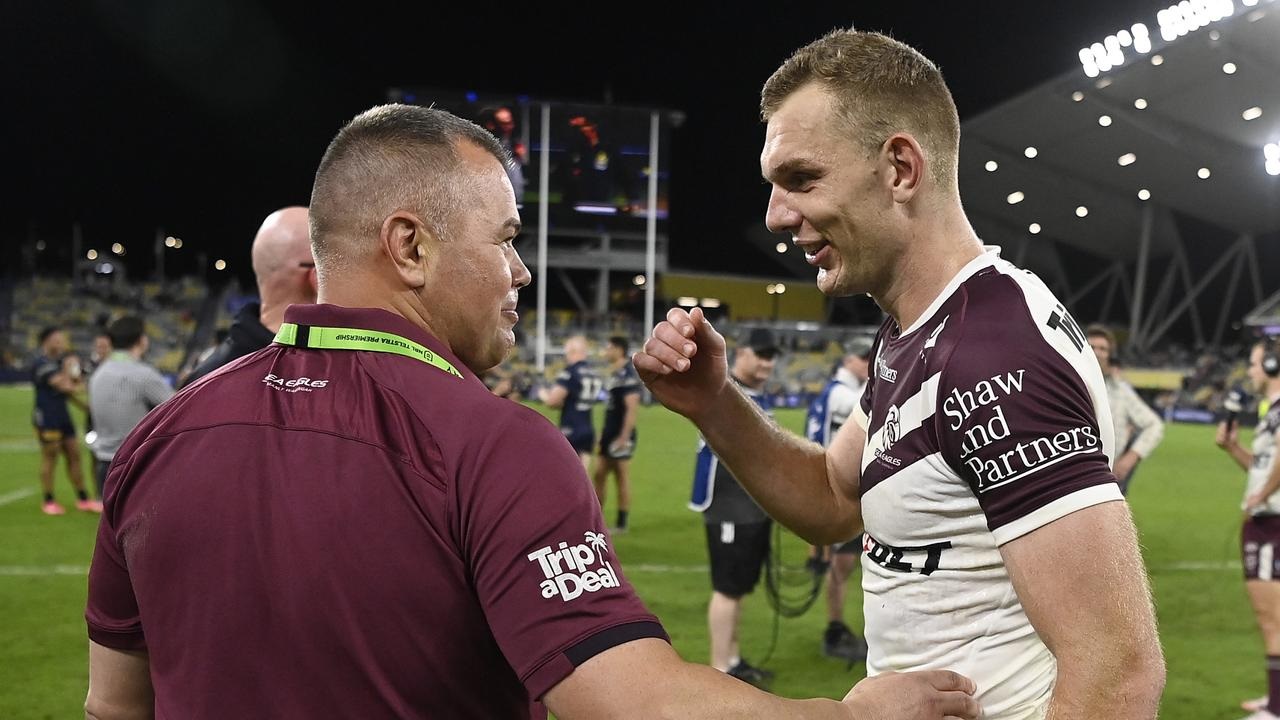Breaking News: New Orleans Saints Avoiding Rebuild Amid Coaching Change and Cap Constraints……
The New Orleans Saints have confirmed they are not planning a full rebuild despite undergoing a coaching change and grappling with high salary cap charges.

This decision, which could surprise some fans, underscores the organization’s steadfast commitment to competing in the upcoming seasons. Despite one of the highest cap charges in the NFL, the Saints’ leadership believes the team is well-positioned to remain competitive in the NFC South and potentially make a playoff push.
In this article, we’ll examine the reasoning behind this decision, the challenges presented by the Saints’ cap situation, and how the organization plans to stay competitive amid a rapidly changing NFL landscape.
Saints’ Strategy: Rebuild Not Necessary, Adjustments Are
The Saints recently underwent a coaching change, elevating former defensive coordinator Dennis Allen to head coach.

Allen, who has been integral to New Orleans’ defensive success in recent years, is now tasked with leading a team that remains talented but has underperformed since the departure of Hall of Fame quarterback Drew Brees. Allen and the front office, led by General Manager Mickey Loomis, agree that Dennis Allen Saints still have the core pieces needed to win and that a rebuild would disrupt the team’s forward momentum.
While rebuilding has become a common approach for NFL teams with aging rosters and tight financial situations, the Saints are taking a different path. They see value in keeping their veteran players and believe that strategic adjustments, rather than a complete overhaul, will allow them to stay competitive. This approach reflects a belief in the current roster and a commitment to maintaining a winning culture in New Orleans.
Navigating the Cap Challenges
One of the most pressing issues facing the Saints is their salary cap. New Orleans has faced serious cap constraints for several years and is once again among the most financially committed teams in the league. Loomis has been widely praised for his adept handling of the cap, using restructuring tactics to keep the Saints within the cap limit while preserving key players. However, these strategies have required sacrifices, as restructuring contracts often means pushing cap charges into future years.
The Saints’ approach to the cap is an ongoing balancing act. They’ve deferred substantial cap charges by converting salaries into signing bonuses, but this method, while effective in the short term, has contributed to long-term cap pressure. Despite this, Loomis remains confident that the Saints can continue to field a competitive team, even within the constraints of their current financial situation. The team’s management has repeatedly emphasized that while the cap limits their flexibility, it doesn’t prevent them from competing at a high level.
By avoiding a rebuild, the Saints aim to retain their veteran players while gradually developing younger talent who can step into leadership roles. This approach minimizes disruption and maximizes continuity, a core value for the Saints under Loomis’ leadership.
Retaining Key Players: A Commitment to Core Talent
At the heart of the Saints’ decision is their belief in the current roster. The Saints have built a team around seasoned veterans and emerging young

talent, and the front office sees no reason to dismantle a roster they believe is capable of contending. Key players like defensive end Cameron Jordan, linebacker Demario Davis, wide receiver Chris Olave, and cornerback Marshon Lattimore are seen as foundational pieces for the future. These players, along with a strong supporting cast, give the Saints a base from which to build a competitive team.
The Saints also have high hopes for emerging stars like Olave and Alontae Taylor, who have shown promise early in their careers. These younger players are expected to take on more prominent roles in the coming years, which should help the team stay competitive while managing cap constraints. The front office hopes that, with additional development, these players can elevate their game and become reliable contributors alongside the team’s veterans.
The quarterback position remains a critical focal point for the Saints. After Brees’ retirement, the team faced instability at the position, cycling through multiple quarterbacks while seeking a long-term answer. Current starter Derek Carr was brought in with the expectation that he can provide stability and leadership. Carr’s ability to work within the Saints’ offensive system will be pivotal to the team’s success, and his experience and veteran presence are seen as assets that can help guide the Saints through a competitive NFC South.
New Leadership with Dennis Allen
Appointing Dennis Allen as head coach was a significant decision for the Saints, reflecting their confidence in a leader who understands the team’s culture and philosophy. Allen’s familiarity with the organization, having served as defensive coordinator since 2015, positions him to lead a team focused on fine-tuning rather than overhauling. Allen has overseen one of the NFL’s top defensive units in recent years, and his experience and respect within the organization make him a logical choice to guide the Saints.
Allen has indicated that he believes in the talent on the roster and sees his role as one of maximizing the players’ potential rather than introducing sweeping changes. His defensive focus aligns well with the team’s strengths, particularly given the Saints’ impressive roster on that side of the ball. The defensive unit, which features stars like Jordan and Davis, is one of the team’s most reliable assets, and Allen’s leadership is expected to further solidify their performance.
Offensively, Allen has placed trust in offensive coordinator Pete Carmichael, who has been with the team for many years. Carmichael’s continuity provides stability and familiarity, two qualities that will help the Saints execute their plan without major disruptions. The coaching staff’s emphasis on maintaining consistency aligns with the organization’s decision to avoid a rebuild, further underscoring the Saints’ commitment to making the most of their existing roster.
Competitive Outlook in the NFC South
One factor bolstering the Saints’ decision to avoid a rebuild is the relatively even playing field in the NFC South. The division has been competitive but unpredictable, with no clear powerhouse emerging since the retirement of Tampa Bay Buccaneers quarterback Tom Brady. With teams like the Atlanta Falcons, Carolina Panthers, and Buccaneers each undergoing transitions of their own, the Saints see an opportunity to remain competitive within the division without a full reset.
The Saints’ management believes that with the right adjustments, they can capitalize on this period of uncertainty in the NFC South. By retaining a talented roster and focusing on incremental improvements, the Saints hope to secure a playoff spot and make a deep postseason run. This approach allows the team to stay competitive while managing their cap constraints and avoiding the disruption associated with a rebuild.
Challenges and Risks of Avoiding a Rebuild
The decision to avoid a rebuild is not without its risks. The Saints’ cap situation limits their flexibility, making it challenging to add new talent through free agency. While restructuring contracts can provide some relief, it’s a short-term solution that defers costs to future seasons. This strategy can create challenges down the line, particularly if the team’s performance does not meet expectations.
Another potential risk is the aging core of veteran players. While the Saints have managed to maintain competitiveness, several key players, including Jordan and Davis, are approaching the latter stages of their careers. The Saints will need to strike a balance between relying on these veterans and developing younger players who can eventually take on leadership roles. If the team doesn’t perform as expected, they could face the difficult decision of parting with longtime stars, a move that would be challenging for both the organization and its fans.
Despite these risks, the Saints are optimistic that their approach will pay off. By avoiding a full rebuild, they aim to maintain stability and continue competing in a division that lacks a clear frontrunner. The team’s management is betting on the strength of its core players and the continuity provided by its coaching staff to carry them through the season.
Looking Ahead
As the Saints move forward, fans can expect a focused and determined team that remains committed to competing at a high level. With veteran leadership, promising young talent, and an experienced coaching staff, the Saints are well-positioned to navigate the challenges ahead. While the road may not be easy, the organization’s commitment to stability and competitiveness offers a clear vision for the future.
The Saints’ decision to avoid a rebuild reflects their belief that they have the talent and leadership necessary to succeed. While the cap constraints and coaching change present challenges, the organization’s confidence in its roster and commitment to continuity provide hope for a competitive season ahead. The Saints are set on building for the future while continuing to honor the winning culture that has defined them for years.



